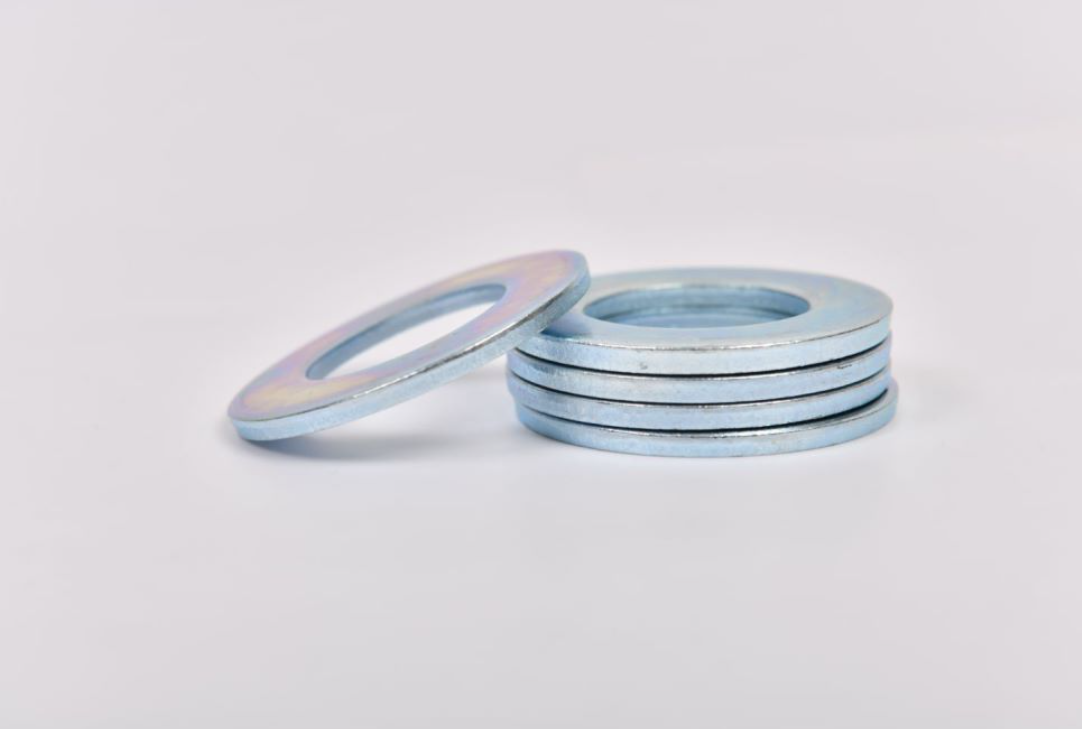Comparison of Spring Washers and Flat Washers for Global Export Markets and Their Applications
Spring Washers vs. Flat Washers Understanding the Differences and Choosing the Right Exporters
When it comes to industrial applications, the choice of washers plays a critical role in ensuring the performance and longevity of machinery and structures. Two popular types of washers used extensively across various industries are spring washers and flat washers. Although they serve similar purposes—primarily to distribute loads and prevent loosening of fasteners—their design and applications differ significantly. This article delves into the characteristics of both types and offers insights on choosing the right exporters for these components.
Characteristics of Spring Washers
Spring washers, also known as split washers or lock washers, are designed with a slight curvature. This design enables them to exert a spring-like tension when compressed, which helps maintain a tight connection between fasteners even under vibration or movement. They are commonly made from materials like stainless steel, carbon steel, or alloy steel, catering to various environmental conditions and load requirements.
The primary function of spring washers is to prevent loosening due to vibrations and dynamic loads. They are often used in applications such as automotive assemblies, machinery, and structural components where movement is prevalent. However, it’s crucial to apply them properly; incorrect installation can lead to inadequate load distribution and potential failure.
Characteristics of Flat Washers
Flat washers, on the other hand, are simple, disc-shaped components that provide a smooth surface for load distribution beneath the head of a screw or nut. They come in various sizes and thicknesses and can also be crafted from a range of materials, including plastic, metal, and rubber. The main purpose of flat washers is to spread the load over a larger area to protect the surface from damage and reduce the risk of loosening.
Flat washers are commonly used in applications where a stable and level surface is required, such as plumbing, electrical works, and general fastening needs. They are particularly useful in situations where the surfaces being joined are uneven or where additional protection from corrosion or wear is needed.
Choosing the Right Exporters
spring washer vs flat washer exporters

When considering the export of spring washers and flat washers, selecting the right exporter is crucial for ensuring product quality and reliability. Here are some factors to consider when choosing exporters
1. Quality Assurance Look for exporters who adhere to international quality standards, such as ISO certification. This ensures that the washers meet strict performance criteria and are manufactured under controlled conditions.
2. Material Selection Different applications may require specific materials. Reputable exporters should provide comprehensive information on the materials used in their washers, including their mechanical properties and suitability for particular environments.
3. Customization Many industries have unique requirements. Choose exporters who offer customization options for washers, allowing for adjustments in size, material, or design to suit your specific needs.
4. Experience and Expertise Partnering with exporters who have a solid track record in the industry can provide confidence in their ability to deliver quality products. Look for companies with years of experience and positive client testimonials.
5. Pricing and Logistics Competitive pricing is essential, but it should not compromise quality. Additionally, evaluate the exporter’s logistics capabilities to ensure timely and efficient delivery to your location.
Conclusion
In summary, both spring washers and flat washers have distinct roles and advantages in various applications. Understanding these differences is essential for selecting the appropriate type for your needs. Moreover, the choice of an exporter can significantly impact the quality and performance of these components. By focusing on quality, material selection, customization, experience, and pricing, businesses can make informed decisions that contribute to the durability and success of their projects.
-
Top Choices for Plasterboard FixingNewsDec.26,2024
-
The Versatility of Specialty WashersNewsDec.26,2024
-
Secure Your ProjectsNewsDec.26,2024
-
Essential Screws for Chipboard Flooring ProjectsNewsDec.26,2024
-
Choosing the Right Drywall ScrewsNewsDec.26,2024
-
Black Phosphate Screws for Superior PerformanceNewsDec.26,2024
-
The Versatile Choice of Nylon Flat Washers for Your NeedsNewsDec.18,2024










